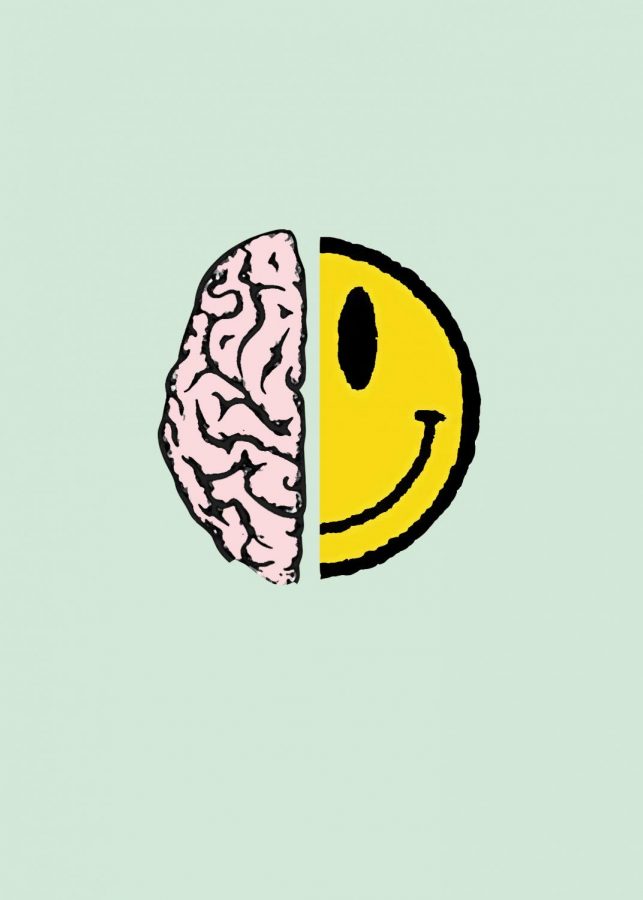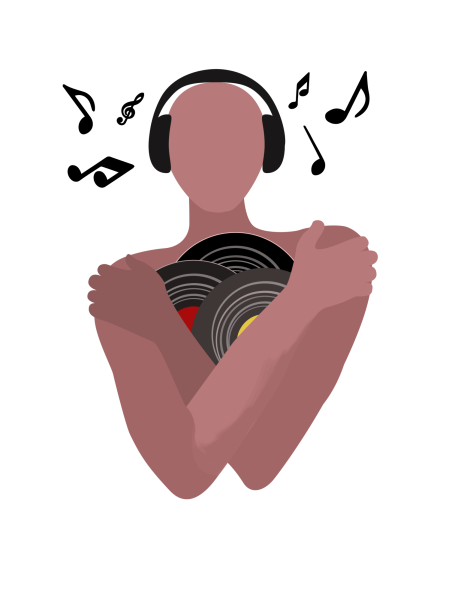We Are All Struggling with Our Mental Health Right Now: Here’s How to Cope
Vivid dreams. Aches and pains. Difficulty concentrating. Feeling alone. Picking fights with the people around you. Upset stomach. These symptoms all may seem isolated on the surface, but when strung together, they point to a larger problem many are facing right now: trouble managing mental health.
Whether you are diagnosed with a mental illness or not, this time is trying and being booted from our routines is hard to manage. Speaking with a therapist this week, I explained that my back has been hurting, I feel bored by the things that usually bring me joy and that I simply cannot bring myself to get some of my responsibilities done and lay in bed on TikTok instead. It is a frustrating existence at the moment, and there seems to be little we can do to change our current situations.
It was a strange mix of comforting and unsettling to hear that many of her other clients were also experiencing the same things. The fact of the matter, I learned, is that we are all going through a global traumatic event and all of the factors that typically contribute to our ability to succeed in our endeavors have vanished over the course of the past six weeks.
In the initial panic of school closing, having to travel back to campus to move out and commit myself to staying inside, I felt more shocked and confused than anything else. As time wore on, though, I found myself experiencing symptoms of anxiety and depression. My therapist shared that it takes our brains about six weeks to adjust to major life changes, good or bad, and that this point is typically when the initial shock wears off and we are left to pick up the pieces of our mental state.
She said that at this point, it is important that we re-evaluate our expectations of ourselves. The standards we may have held ourselves to at the beginning of the semester are certainly allowed to change as our external world changes. Instead of forcing my workouts to be high-intensity, I just try to move my body in a way that feels good. Instead of having seven tabs literally open in my computer or my brain, I pare it down and only do what is absolutely necessary. I accept that I may not be the best student right now. I may not have the best diet, but I am trying to eat foods that sound good. Reframing our expectations of ourselves in a time when there is no separation between our home, school, work and social lives is not only recommended—it’s necessary.
The key takeaway I gained from my conversation with a therapist is that when the voices of doubt, insecurity, fear and overwhelm creep into our brains, the best way we can combat them is to commit ourselves to small acts each day that are the opposite of what the messages in our brain are trying to tell us. Move your body just a little bit when all you want to do is stay in bed. Ask your loved ones to check in with you every day when all you want to do is pull away from your connections. Even if you don’t get every assignment done, spend 20 minutes working on one. Mental health is not all or nothing; it’s the continual small practices that break down the hurtful voices in our brains over time.
There is no way to talk ourselves out of the pain we are experiencing and the ways we may be struggling right now. No hot shower or night without our phones or walk in the neighborhood is going to erase mental illness, but small practices to care for oneself and do things that are good for us will be the building blocks of a more stable state of mind. In this time when we are all struggling, mental illness or not, re-frame your expectations of yourself. It’s not all or nothing—it’s doing what you need to do to combat the fear.
Your donation will support the student journalists of Saint Louis University. Your contribution will help us cover our annual website hosting costs.




![The Teskey Brothers [Crew] gather together for a curtain call in front of a raucous St. Louis crowd after a two-song encore. (Photo courtesy of Vertrell Yates / @trellseyephotography)](https://unewsonline.com/wp-content/uploads/2024/05/Screenshot-2024-05-21-232057-600x370.png)








